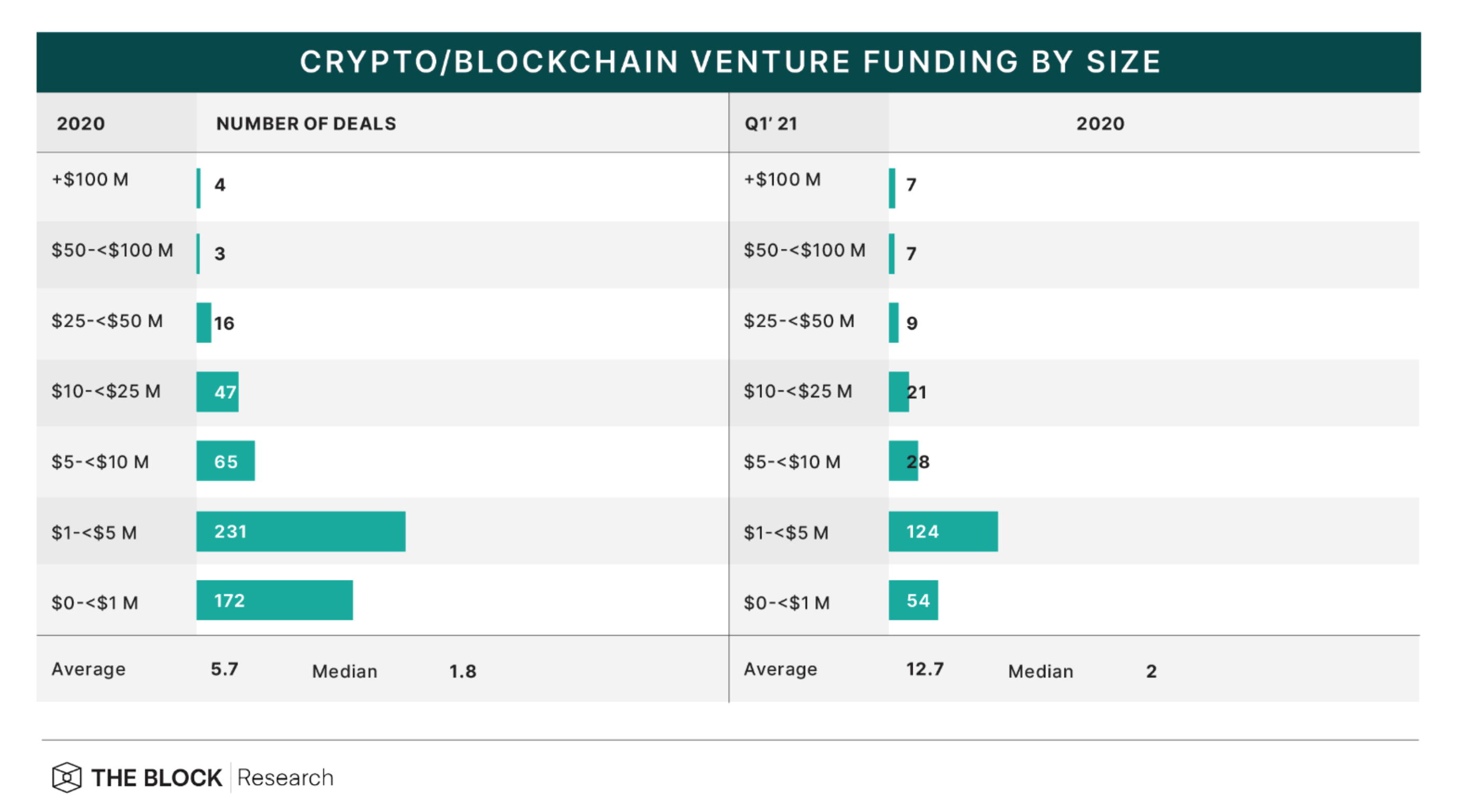Crypto exchange Binance has ventured into the space of tokenized stock trading, following the likes of FTX and Bittrex Global.
To begin with, Binance has listed Tesla stock tokens, meaning the exchange’s users can now buy Tesla tokens representing its shares.
One Tesla stock token represents one share of the company. Users, however, can buy fractions of the token, with the minimum trade size being one-hundredth of the token.
The fractionalization of stock tokens makes them more affordable. One Tesla stock, for instance, is currently priced at around $700, which is quite expensive.
“Stock tokens demonstrate how we can democratize value transfer more seamlessly, reduce friction and costs to accessibility, without compromising on compliance or security,” said Binance CEO Changpeng Zhao.
Zhao first hinted at the launch of tokenized stock trading service earlier this year. He told The Block at the time: “We’re definitely looking at it.”
“We do try to copy innovation when innovation is good,” Zhao said at the time, referring to FTX’s similar service.
Like FTX and Bittrex Global, Binance has also partnered with German financial firm CM Equity AG and Switzerland-based tokenization firm Digital Assets AG for the service.
‘Commission-free’
Binance is not charging any commission for trading stock tokens. It is not clear what the exchange’s business model is around the service. The Block has reached out to Binance and will update this story if we learn more.
Binance’s service follows traditional market hours. Tesla’s stock token, for instance, will follow Nasdaq market hours, a Binance spokesperson told The Block. FTX and Bittrex Global, on the other hand, offer 24/7 tokenized stock trading.
When asked why to follow traditional market hours, the Binance spokesperson told The Block: “Stock tokens are fully-backed, and the trades are executed in real-time. Hence, trading of stock tokens follows the underlying stocks’ traditional trading hours.”
Binance’s stock tokens are priced and settled in BUSD, meaning users can buy and redeem these tokens via the exchange’s stablecoin, issued by Paxos. FTX’s stock tokens, on the other hand, are quoted in “USD stablecoin,” meaning users can buy and redeem in a range of options, including the U.S. dollar, as well as USDC, BUSD, HUSD, and PAX Standard stablecoins.
It is worth noting that stock tokens are not shares, but they only give exposure to underlying shares and potential corporate actions, including dividends and stock splits.
Binance said it would list more stock tokens in the future based on market demand.
To get started with the stock tokens service, Binance users will have to go through know-your-customer (KYC) measures, including submitting identity documents and completing facial recognition verification.
Additional KYC measures, including proof of address, will be required for German residents. Meanwhile, the service is not available to residents of the U.S., mainland China, Turkey, and other restricted jurisdictions.
© 2021 The Block Crypto, Inc. All Rights Reserved. This article is provided for informational purposes only. It is not offered or intended to be used as legal, tax, investment, financial, or other advice.
